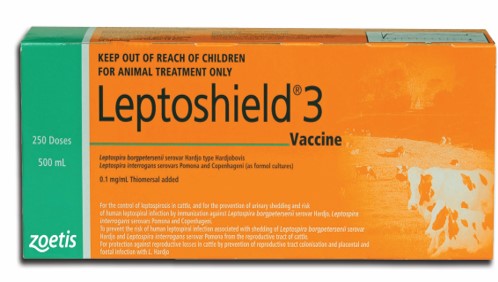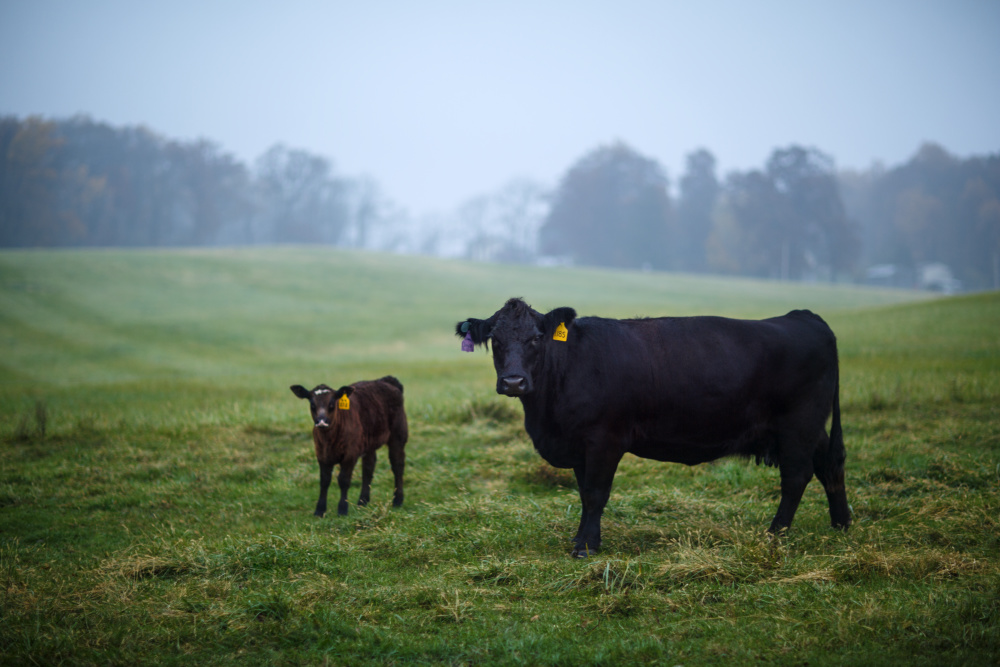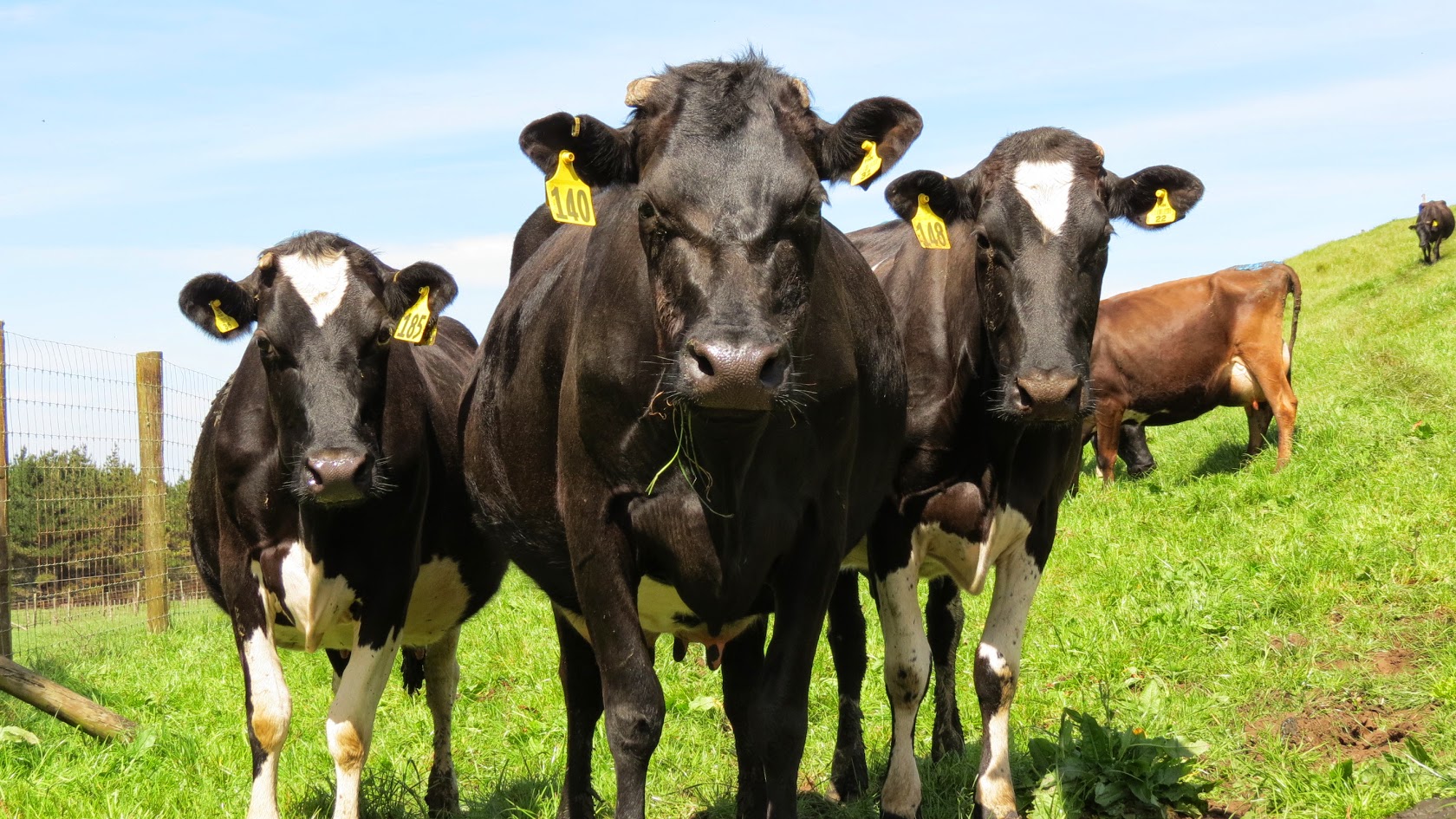The dose on all occasions is 2mL injected subcutaneously. Inject high on the side of the neck behind the ear.
Herd vaccination: To begin a herd vaccination programme, all animals must be vaccinated and a second dose given 4–6 weeks later. An annual booster must be given. This programme is applicable to dairy and beef herds.
For protection against L. Hardjo infection, the initial vaccination regimen or booster should be completed before the season of greatest risk of transmission of leptospires. In most temperate climates, the season of greatest risk is from the beginning of autumn through to the end of spring or early summer. The season of greatest risk seems to be related to the amount of surface water present in the environment and this is a reflection of the state of the water table. However, the presence of maternal antibodies and behavioural and management parameters may also influence the onset and duration of this transmission period.
Vaccination of calves: Early vaccination of calves is advisable to protect against acute leptospirosis ("redwater") and to prevent renal colonisation and urinary shedding. Leptoshield has been shown to be efficacious in cattle in the presence of maternal antibody. Calves may therefore receive their first vaccination from 1 month of age. Two doses should be given 4–6 weeks apart. Calves less than 3 months of age at the time of the second vaccination should receive a single booster dose 6 months later. Calves greater than 3 months of age at the time of the second vaccination require an annual booster.
Introduced stock: In the absence of a known history of vaccination, dose twice at 4–6 week intervals.
Booster doses: To maintain immunity, all animals in the herd, including steers and bulls, should be revaccinated annually against leptospirosis.


 Beef Cattle
Beef Cattle Dairy Cattle
Dairy Cattle